Six in 10 London LGBTQ+ venues shut since 2006 - GLA
- Published
LGBTQ+: Over half of London venues close since 2006
More than half of London's LGBTQ+ venues closed between 2006 and 2022, Greater London Authority data shows.
Numbers fell from 125 to 50, with venues citing the cost-of-living crisis and rising rents as being among the reasons for closing.
However in the decade to 2017 where there was a sharp decline, since then numbers have stabilised to between 50 and 60 venues.
Night czar Amy Lamé said she was proud to have "stemmed the decline".
She added that London's "world-renowned nightlife is integral to our economic and social recovery, and we will continue to do all we can to ensure it thrives, as we build a better London for all.
"I'm proud that we have been able to stem this decline by protecting venues through the London Plan, and supporting operators through the LGBTQI+ Venues Forum and our Culture and Community Spaces at Risk Office."
It comes as just under a quarter of all London nightclubs shut their doors during the pandemic, according to the Night Time Industries Association.
In 2022 there were 198 nightclubs, a fall of 22% from 256 in 2019.
'Want us to stay'
This LGBTQ+ History Month, venues are highlighting their contribution to London's cultural heritage.
The Glory in Haggerston, east London, closed in January after the owners decided the developers' construction work plans would make running the business too difficult.
"The developers that are on board at the moment, they want us to stay," John Sizzle, the co-owner of The Glory said.
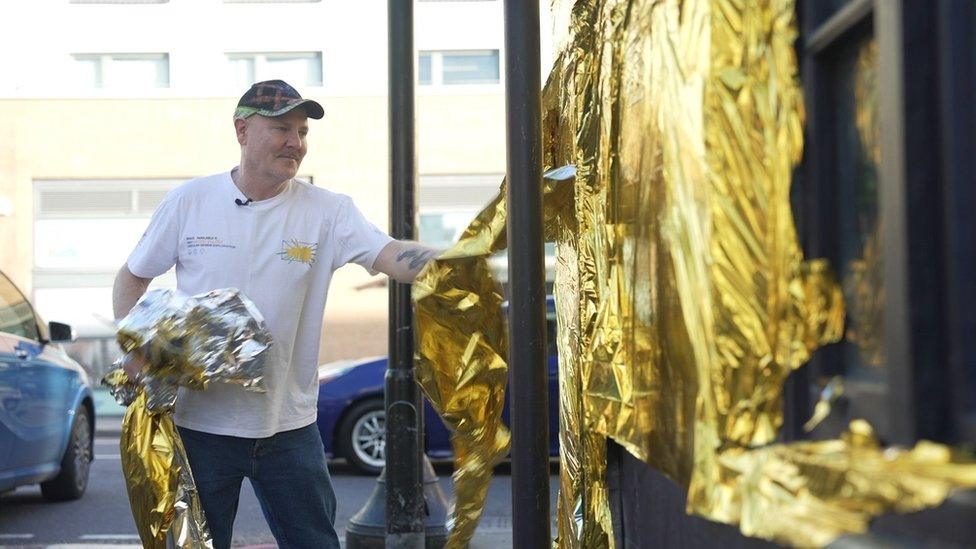
Co-owner John Sizzle said some closures were a result of young people having less to spend on nights out
"But the plans and the way it would work - it's just not viable for our business," Mr Sizzle explained, adding that they would have to use portable toilets and the venue's capacity would be reduced, affecting profits.
He said it was a challenging time to work in hospitality, with "the cost-of-living crisis, coming out of the pandemic, the expense of goods because of Brexit" creating the perfect "firestorm".
He also argued that fewer young people were going to nightclubs because they were "spending their money on rent and had less money to spend on leisure".
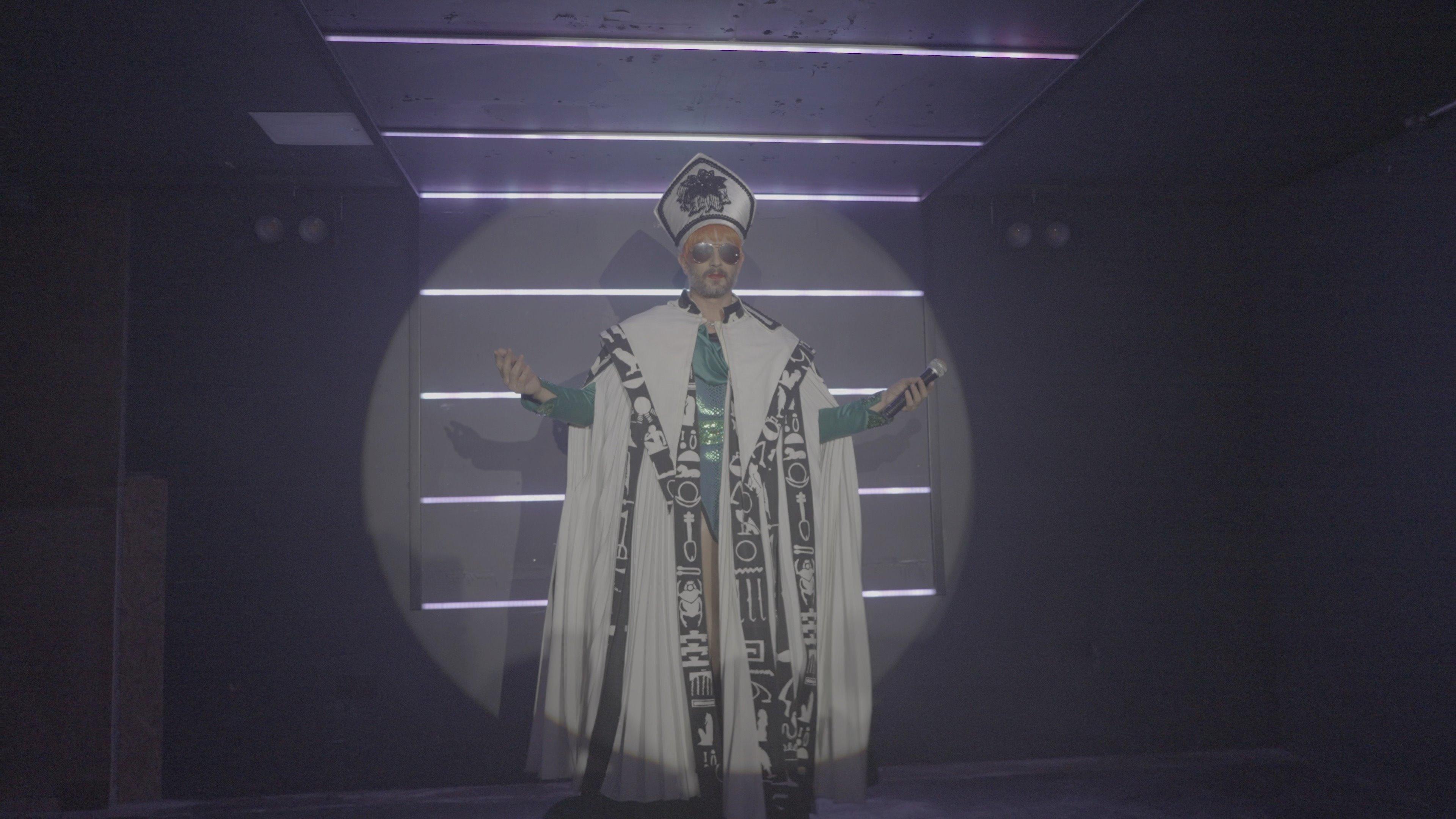
Co-owner Jonny Woo performs at the grand opening of The Divine
However, the team behind The Glory have opened a new venue in Dalston, The Divine.
Mr Sizzle said he was "chuffed" with the opening, adding that clubs like The Divine were an "important space for culture to evolve".
"These are safe spaces where people can express themselves, discover their own gender, sexuality, develop their performance art... that's why they exist."
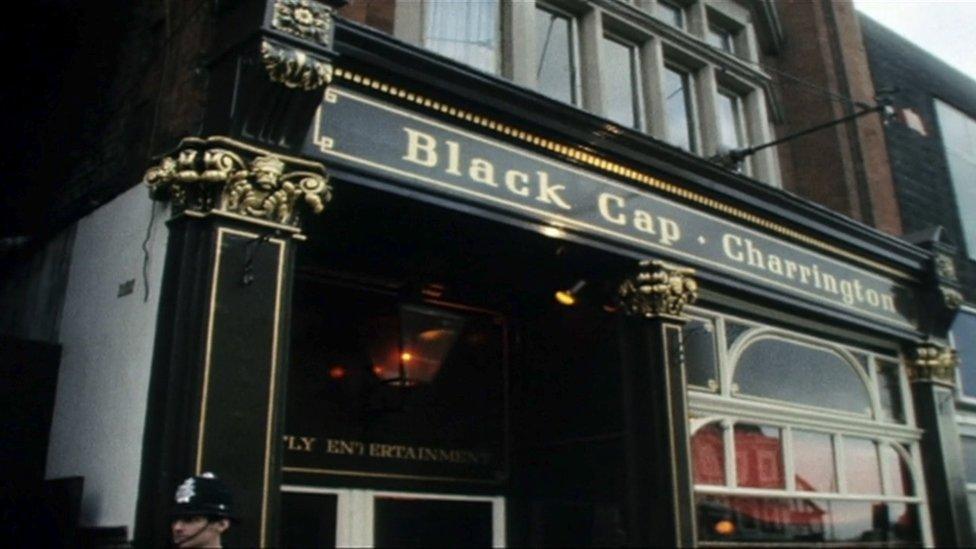
The Black Cap has been a fixture of Camden High Street for over 250 years
Several venues across the capital remain shut, however, such as the Black Cap in Camden.
The pub has been a landmark for more than 250 years, popular with the local Irish community in the early 1900s and later finding fame as the Palladium of Drag in the 1960s and 70s, when drag queens such as Lily Savage made their debut.
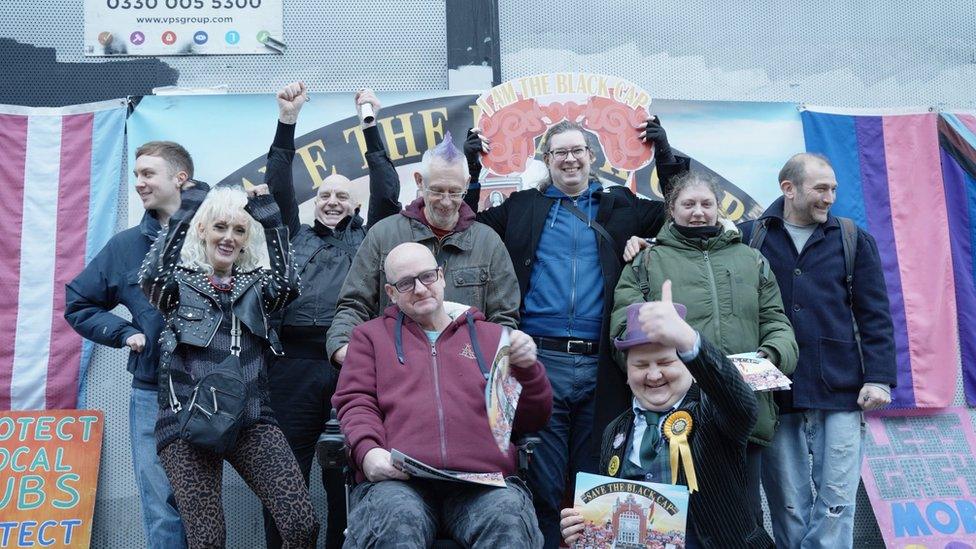
Campaigners have gathered outside the Black Cap every Saturday since it closed in 2015
It closed in April 2015, shortly after a planning application for the redevelopment of the upper floors of the property was rejected by Camden Council, on the basis that it would "adversely impact" the operation of the pub.
Data from the Office for National Statistics shows that the number of pubs and bars in London has fallen by more than 25% since 2001.
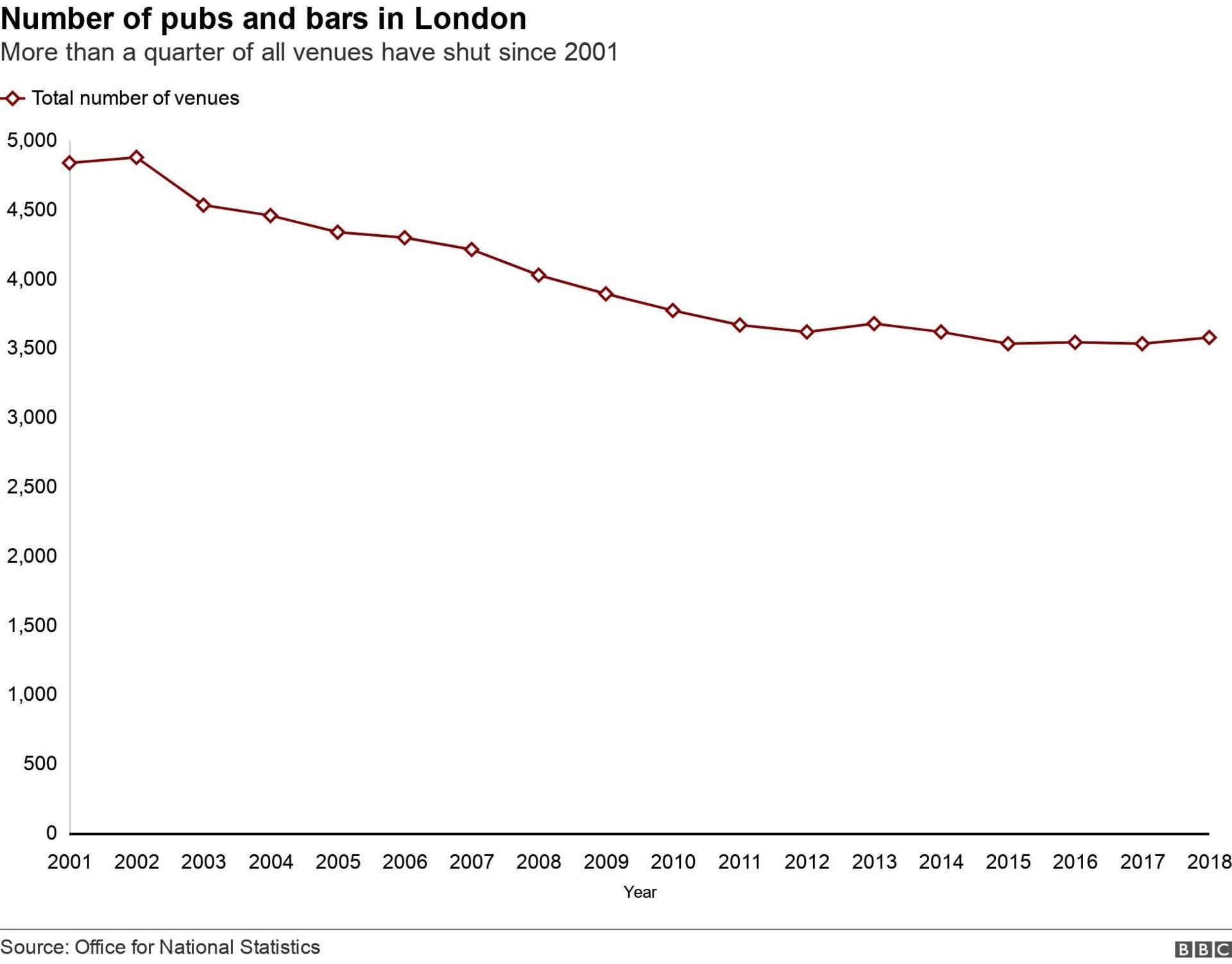
The Black Cap was designated as Asset of Community Value months before closing, preventing any current or future owners from changing the use of the building as an entertainment venue without applying for planning permission.
Campaigner Alex Green said the closure of the pub was a great loss not just to London's LGBTQ+ community, but to the capital's heritage as a whole:
"Remember this place - its walls have our history. When it was illegal to be gay, this place kind of let us in and protected us, and, you know, there are very few places anywhere in the country that's still standing that did that for us.
"They've gone."
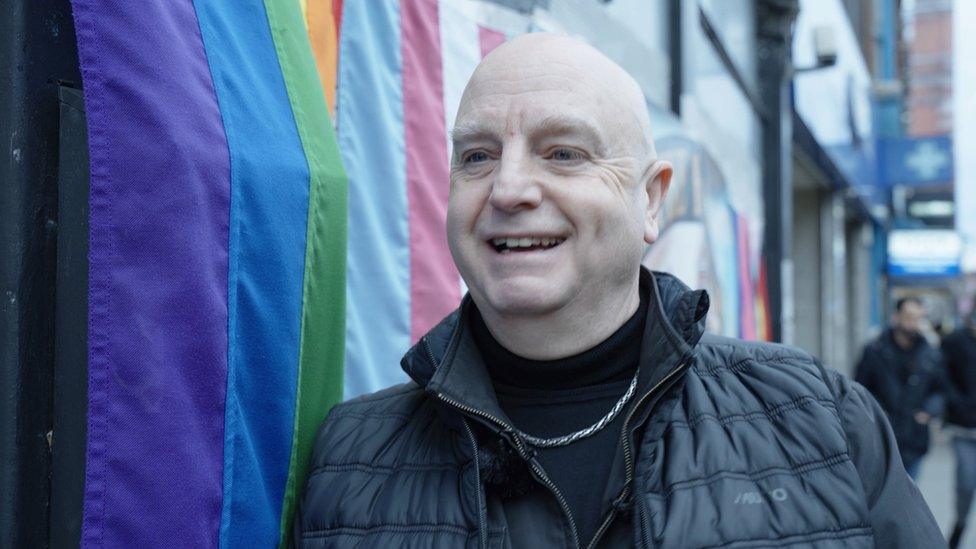
Activist Alex Green says the closures are not down to discrimination
He argued that the closures affecting LGBTQ+ venues are not due to discrimination - instead they point to a bigger threat to London nightlife.
"Most of those venues close, not just the LGBT venues, all venues, all those loss of pubs - the majority of those have closed historically because of development, because of overseas investment, because of the ease of that," Mr Green said.
Night Czar Ms Lamé, acknowledged that venues continued "to face a huge range of challenges" because of "the rising costs of living and doing business, staff shortages, sky high rents and insecure leases, but we continue to do everything we can to help".
"I'm delighted to have been able to work closely with the team behind The Glory to help support them to open their new venue - The Divine - in Dalston and am working with the Black Cap Community Group, Camden Council and the venue owners to bring the renowned LGBTQI+ pub The Black Cap back into operation."
Plans to reopen the venue have been submitted to the council and the consultation period ends on 11 February.
"I'm excited for myself to be on the terrace having the first vodka and tonic after 10 years," Mr Green said.
"What we're seeing is a resurrection of some queer spaces happening, which is really wonderful and it's the testament of people fighting those corners."

Follow BBC London on Facebook, external, Twitter , externaland Instagram, external. Send your story ideas to hellobbclondon@bbc.co.uk, external